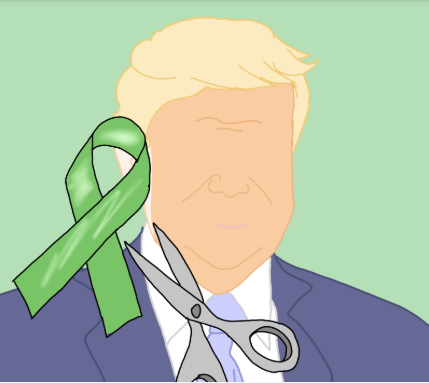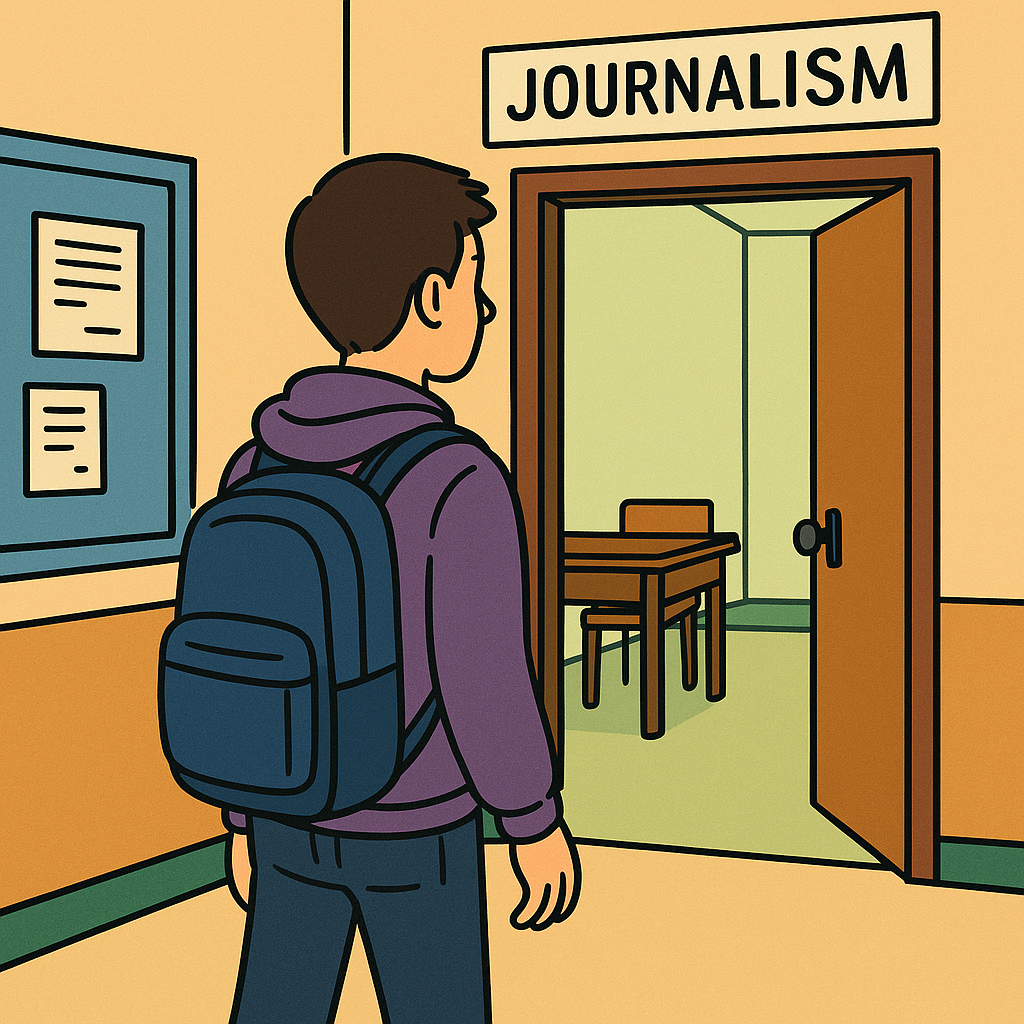The Cambridge English dictionary states that desensitization is, “The process of causing someone to experience something, usually an emotion or a pain, less strongly than before.” Do you think you’re desensitized to the violence and issues all around you? Our world is desensitized, and it’s debatable if it’s better that way or not.
How often do you hear on the news about devastating earthquakes, serial killers, school shootings, forest fires, whispers of war in other countries, or anything remotely tragic? Presumably often. These are the main topics for news stations and small talk around the world. But the real question is, how much do you care?
According to the Allient International University, becoming desensitized to, for example, mass death is a result of a survival mechanism. It’s the way our brains adapt to constant onslaught, despite how horrendous it might be. This mechanism is what allows us to live a life around adversity. When our brains are opposed to something new, it evaluates whether it can be beneficial, harmful, or have a neutral consequence. Therefore, if we hear things repeatedly our brains have no reason to re-evaluate them, no longer putting care into it.
It’s easier to have empathy or care for one person than it is for a whole group. Our brains don’t process larger numbers as easily as we do with smaller ones. It has been continually proven that we become more desensitized the more individuals are affected by a particular event. It’s even worse when you see it on your phone screen. One click of a button, and it’s all gone. The 4th instagram post you just saw about 80,000 Ukrainian soldiers dying in the war has barely reached your heart, and when your best friend texts you about their new crush, it’s completely gone from you.
You also probably don’t realize it, but often the violence you watch on TV or play on video games, is practically the same thing happening to someone around the world. More than 85 percent of all video games have violence, and approximately half of them have serious cases of violent actions, says Iowa State University. When asked about how she feels about the effect of violence from tv shows and video games, freshman Ashlyn Massey said, “I think it’s negative because it’s kind of entertaining, the idea of violence which is not okay and you can go to jail for these things in real life.”
A study conducted at Iowa State University showed that participants who played a violent game for 20 minutes had lower heart rates and less physical responses watching real-life violent episodes, than those who played a calm, nonviolent game and then watched the videos. Ashley Weitzel, one of the GT teachers at Doherty High School said, “I think of it like a trail because as you go through that same path over and over, the obstacles become less and the path becomes easier to navigate. Therefore, your brain can get to it quicker and easier…including the aftermath.”
Issues like homelessness, racism, sexism, and wars are so well known yet nothing ever changes. They’re just the same as when they started, as well as how much it hurts. No one wants to ever be affected by these things, yet so many are. Maybe even the person sitting right next to you. An Injustice! Magazine article said, “We need to come together over our shared humanity and do something to make every human life count. We need to care. Until we do, everything is just going to keep spiraling out of control.”
It’s true that this all stems from human hatred, greed, and anger. We live in a world where we put bare amounts of effort in for the benefits of our community, in spite of that we have the resources to and access to information all over the globe. Everyone is infused with numbers and statistics. To some, that’s all they’ll ever be. Because our brains are turned on, and our hearts are shut off.
Next time you see a post or video about tragic topics, for example, school shootings, think about what you feel. It is likely that you will be a little sad or feel empathetic, but then think about what the people being directly affected feel. Their world might never be the same again while yours keeps spinning blind.
Desensitization is inevitable, but you can be involved with organizations like Care & Share, homeless shelters, animal shelters, racism, sexism, and suicidal prevention groups to reduce the issues you can become desensitized to. Additionally, check in with the others around you and spread awareness of world issues to show care.












